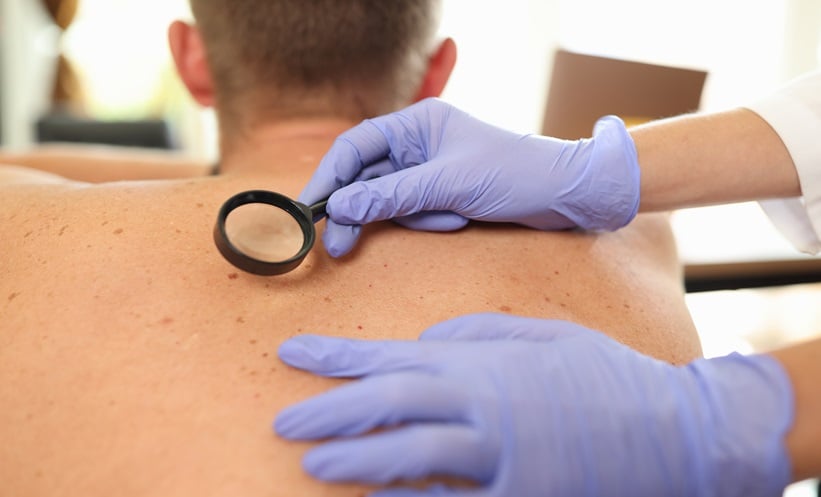A NEW study has highlighted metformin’s potential role in reducing the risk of non-melanoma skin cancers (NMSC), offering intriguing possibilities for dermatological and oncological care. Non-melanoma skin cancers, including squamous cell carcinoma (SCC) and basal cell carcinoma (BCC), represent a significant public health burden, making new prevention strategies a critical area of focus.
The retrospective case-control study, conducted using the All of Us research database, evaluated the relationship between metformin use and NMSC incidence. Researchers employed propensity score matching and multivariable regression analyses to control for confounding variables. Their findings reveal a promising link between metformin and reduced skin cancer risk.
The analysis found that metformin use was associated with a significantly lower risk of both BCC and SCC. Subgroup analyses demonstrated that this protective effect persisted across all sex and ethnicity groups for BCC. However, for SCC, the association was less consistent in African American patients, where metformin use did not show a statistically significant reduction in risk.
The study emphasized the potential for metformin to provide protective benefits for patients with skin of color, where chemopreventive options for skin cancer are limited. These findings may encourage further investigation into metformin as a possible addition to existing skin cancer prevention strategies, particularly given its established safety profile and widespread use.
Further prospective research is needed on metformin’s protective effects. For healthcare professionals, particularly dermatologists and oncologists, this study underscored the importance of considering innovative and cost-effective approaches to skin cancer prevention, especially in high-risk populations.
Reference: Haq Z et al. Metformin Use and Risk of Non-Melanoma Skin Cancer: A Propensity-Matched Case-Control Study. J Drugs Dermatol. 2024;23(12):1089-1095.
Anaya Malik | AMJ







